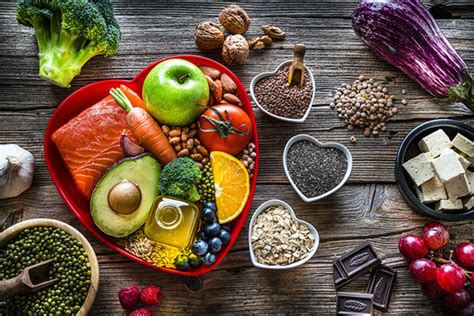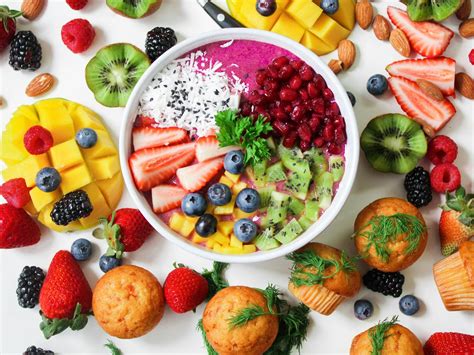What natural strategies boost testosterone for peak male vitality & performance?

Testosterone, often hailed as the cornerstone of male health, plays a pivotal role in far more than just muscle mass and libido. It influences energy levels, mood, cognitive function, bone density, and overall well-being. As men age, testosterone levels naturally decline, but various lifestyle factors can also contribute to suboptimal levels, irrespective of age. The good news is that numerous natural strategies can effectively support and boost your body’s testosterone production, helping you reclaim peak vitality and performance without relying on synthetic interventions.
The Foundation: Understanding Testosterone’s Role
Before diving into specific strategies, it’s essential to appreciate the broad impact of healthy testosterone levels. Beyond its well-known effects on sex drive and muscle development, optimal testosterone supports a healthy metabolism, improves cardiovascular health, enhances mood and cognitive clarity, and even contributes to greater self-confidence. Recognizing its wide-ranging influence underscores the importance of actively supporting its production through natural means.

Dietary Powerhouses for Testosterone Production
Your diet is a critical determinant of hormone balance. To naturally boost testosterone, focus on nutrient-dense foods that provide the raw materials your body needs. Incorporate healthy fats from sources like avocados, nuts, seeds, olive oil, and fatty fish (salmon, mackerel), as cholesterol is a precursor to testosterone. Adequate protein intake is vital for muscle synthesis and overall hormonal health, found in lean meats, poultry, eggs, and legumes. Don’t shy away from complex carbohydrates, which provide energy and prevent cortisol spikes that can suppress testosterone.
Key micronutrients are also essential: zinc (oysters, red meat, pumpkin seeds), Vitamin D (sunlight, fatty fish, fortified foods), and magnesium (leafy greens, nuts, seeds, dark chocolate) are all directly linked to testosterone synthesis. Limiting processed foods, excessive sugar, and alcohol is equally important, as these can negatively impact hormone regulation.

Exercise: More Than Just Muscle Building
Regular physical activity is a potent testosterone booster. However, not all exercise is created equal. High-intensity interval training (HIIT) and strength training with compound movements (squats, deadlifts, bench presses, rows) have been shown to be particularly effective. These types of exercises stimulate a significant anabolic response, leading to increased testosterone and growth hormone production. Aim for 3-4 sessions of resistance training per week, focusing on progressive overload. While cardiovascular exercise is important for overall health, excessive long-duration cardio can sometimes lead to an increase in cortisol, which can counteract testosterone benefits. A balanced approach is key.

The Crucial Role of Sleep and Stress Management
Often overlooked, sleep is fundamental for hormonal health. Testosterone is largely produced during REM sleep, and chronic sleep deprivation can significantly lower levels. Aim for 7-9 hours of high-quality sleep per night. Establish a consistent sleep schedule, create a cool, dark, and quiet bedroom environment, and avoid screens before bed to optimize sleep quality.
Chronic stress is another major enemy of testosterone. When stressed, your body produces cortisol, which has an inverse relationship with testosterone – as cortisol goes up, testosterone often goes down. Implement stress-reduction techniques such as meditation, deep breathing exercises, yoga, spending time in nature, or engaging in hobbies you enjoy. Prioritizing mental well-being is not just good for your mood; it’s vital for your hormonal health.

Lifestyle Factors and Supportive Habits
Beyond diet, exercise, sleep, and stress, several other lifestyle factors contribute to healthy testosterone levels. Maintaining a healthy body weight is crucial, as excess body fat, particularly around the midsection, can lead to increased estrogen conversion and lower testosterone. Limiting exposure to endocrine-disrupting chemicals found in plastics (BPA, phthalates) and certain personal care products can also be beneficial. Ensuring adequate sunlight exposure for natural Vitamin D synthesis is important, or consider a high-quality Vitamin D supplement if you live in a region with limited sun. Furthermore, managing alcohol consumption is key, as excessive alcohol intake can directly impair testosterone production.

Conclusion: A Holistic Approach to Male Vitality
Boosting testosterone naturally is not about finding a single magic bullet, but rather adopting a holistic and consistent approach to your health. By integrating a nutrient-rich diet, effective exercise routines, sufficient restorative sleep, proactive stress management, and other supportive lifestyle habits, you create an optimal environment for your body to produce and regulate testosterone effectively. This comprehensive strategy not only supports peak male vitality and performance but also lays the groundwork for long-term health, energy, and overall well-being.









